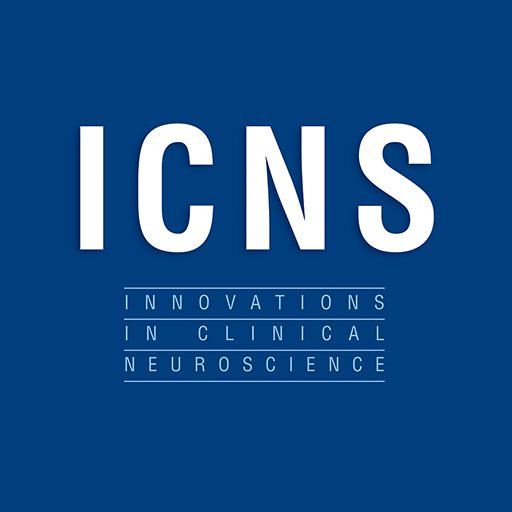 “Current pharmacotherapy of Parkinson’s disease (PD) is palliative and unable to modify the progression of neurodegeneration. Treatments that can improve patients’ quality of life with fewer side effects are needed, but not yet available.
“Current pharmacotherapy of Parkinson’s disease (PD) is palliative and unable to modify the progression of neurodegeneration. Treatments that can improve patients’ quality of life with fewer side effects are needed, but not yet available.
Cannabidiol (CBD), the major non-psychotomimetic constituent of cannabis, has received considerable research attention in the last decade. In this context, we aimed to critically review the literature on potential therapeutic effects of CBD in PD and discuss clinical and preclinical evidence supporting the putative neuroprotective mechanisms of CBD.
RESULTS:
Few studies addressed the biological bases for the purported effects of CBD on PD. Six preclinical studies showed neuroprotective effects, while three targeted the antidyskinetic effects of CBD. Three human studies have tested CBD in patients with PD: an open-label study, a case series, and a randomized controlled trial. These studies reported therapeutic effects of CBD on non-motor symptoms.
CONCLUSIONS:
Additional research is needed to elucidate the potential effectiveness of CBD in PD and the underlying mechanisms involved.”
https://www.ncbi.nlm.nih.gov/pubmed/31314869
http://www.scielo.br/scielo.php?script=sci_arttext&pid=S1516-44462019005012104&tlng=en

 “Cannabis and synthetic
“Cannabis and synthetic 

 “Parkinson’s disease (PD) is a chronic neurodegenerative disorder characterized by motor symptoms such as bradykinesia, rest tremor, postural disturbances, and rigidity. PD is also characterized by non-motor symptoms such as sleep disturbances, cognitive deficits, and psychiatric disorders such as psychosis, depression, and anxiety. The pharmacological treatment for these symptoms is limited in efficacy and induce significant adverse reactions, highlighting the need for better treatment options.
“Parkinson’s disease (PD) is a chronic neurodegenerative disorder characterized by motor symptoms such as bradykinesia, rest tremor, postural disturbances, and rigidity. PD is also characterized by non-motor symptoms such as sleep disturbances, cognitive deficits, and psychiatric disorders such as psychosis, depression, and anxiety. The pharmacological treatment for these symptoms is limited in efficacy and induce significant adverse reactions, highlighting the need for better treatment options.

